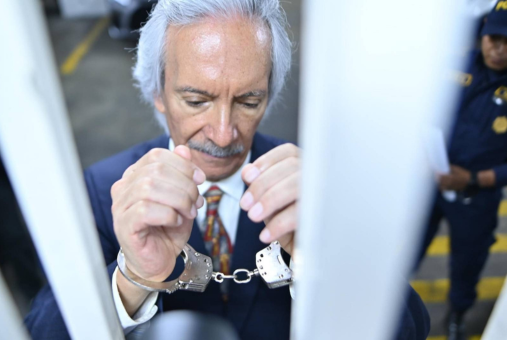
Zamora, known for exposing government corruption, was put behind bars after four months in house arrest. Press freedom groups say it’s part of an effort to silence critical reporting. It’s ‘arbitrary and illegal,’ his son José says.
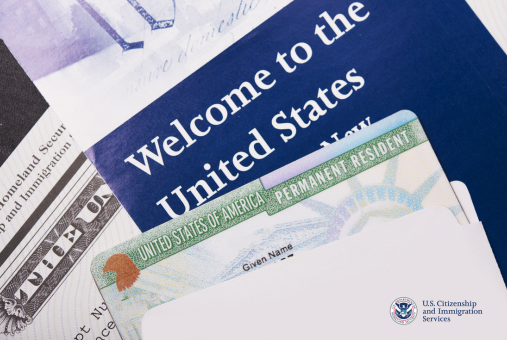
Exiled journalists face stalled asylum cases and the end of humanitarian parole. Those sent back to Nicaragua or Venezuela would return to regimes openly hostile to press freedom.
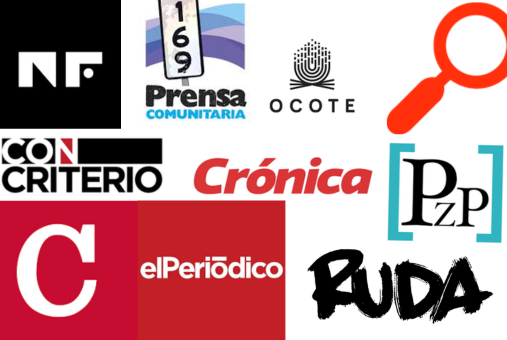
The Central American Independent Media Archive, founded by the son of imprisoned journalist José Rubén Zamora, seeks to ensure that journalism remains accessible in Central America despite persecution and censorship.
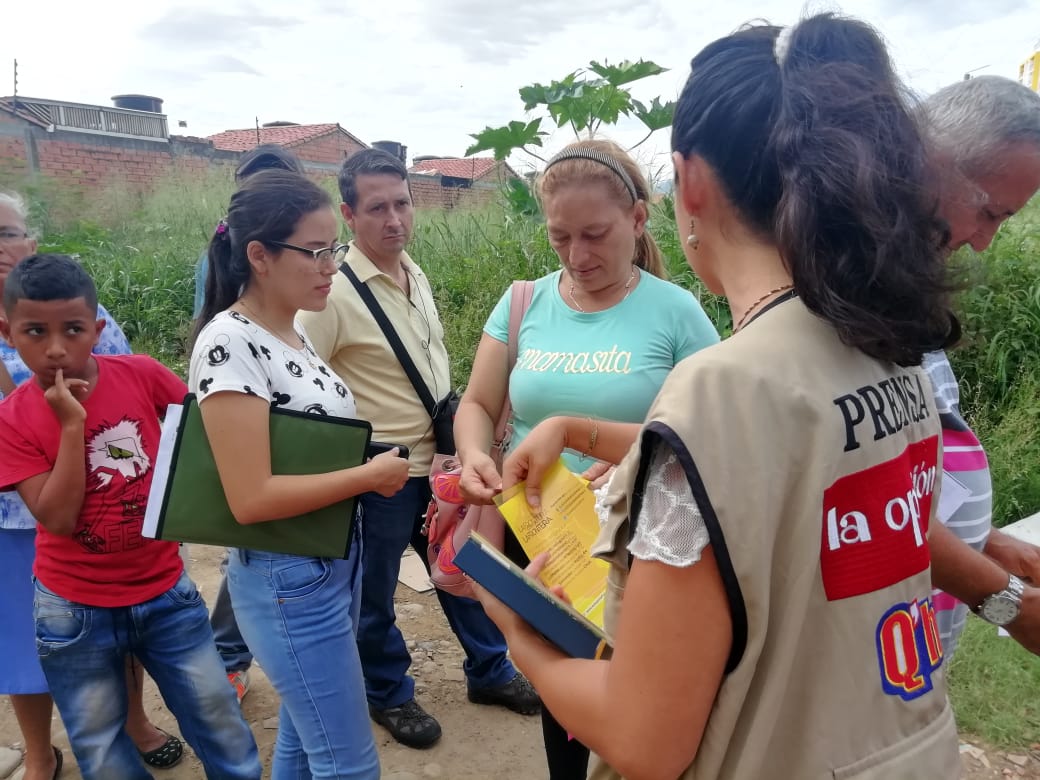
Countering narratives of hate, listening to migrants and delivering practical information are practices journalists who report on migrant communities are implementing to improve coverage ahead of possible measures from the U.S. president.
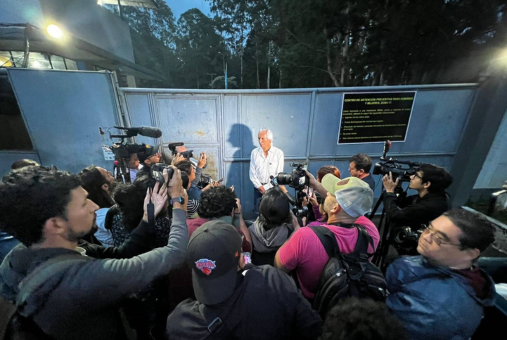
Zamora, known for exposing corruption, had been behind bars for more than two years in a detention observers say was mired in irregularities. “I have the spirit, courage and faith” to keep fighting, he says.
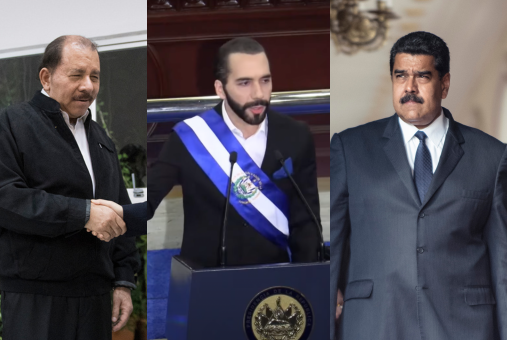
Lawmakers from the left and the right are drafting ‘foreign agent’ laws they claim protect their national sovereignty. They also threaten independent news outlets that rely on international funding.
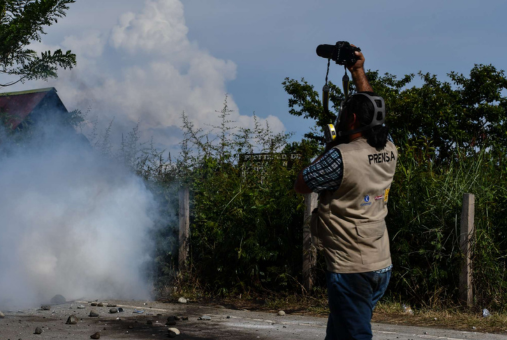
Despite threats, violence and criminalization against the journalistic profession in Guatemala, news agency Prensa Comunitaria has been changing the way women, youth and Indigenous peoples are covered in the media for 12 years.
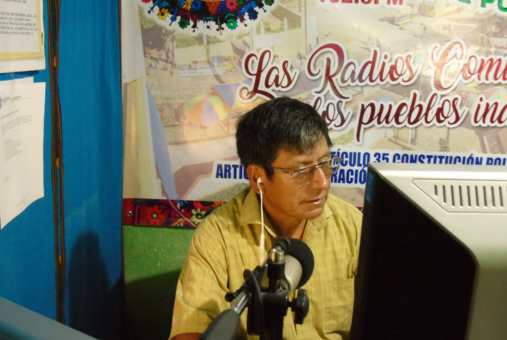
Community broadcasters in Guatemala, El Salvador, and Honduras face repression, economic hardship, and lack access to radio frequencies. They’re seeking help from the Inter-American Commission on Human Rights.
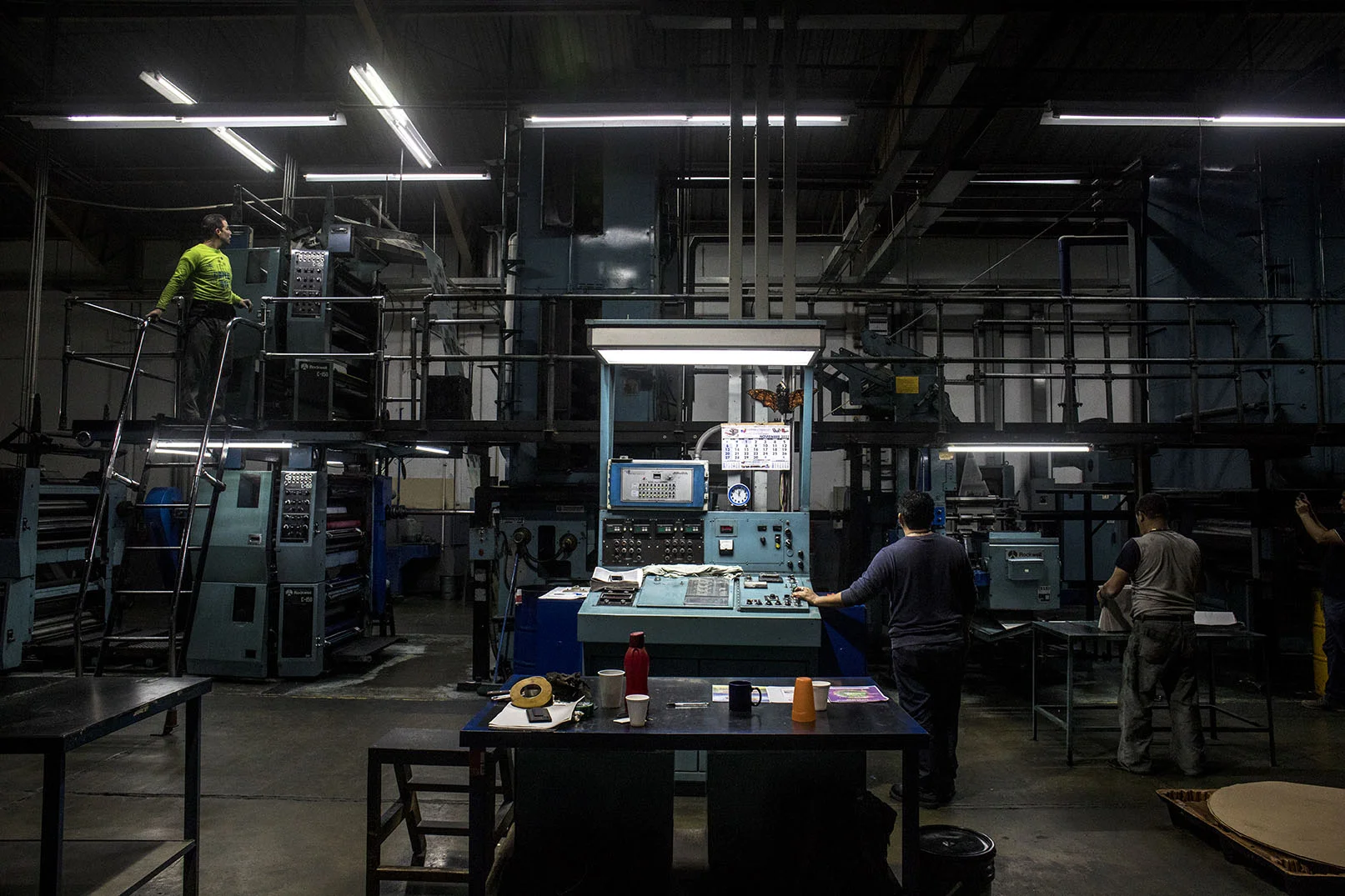
ElPeriódico, the media outlet founded by Guatemalan journalist José Rubén Zamora in 1996, was also targeted when the judicial harassment against Zamora began, according to people close to him. With two years since its founder was imprisoned and almost one year since the newspaper ceased publication, journalists in Guatemala are filling the void with more journalism.

The phenomenon of exiled journalists is not new, according to the UN Rapporteur on freedom of expression, Irene Khan. However, the increase in recent years has caused concern and hence the need for both States and civil society to come together to offer help. Organizations from Latin America join that call.
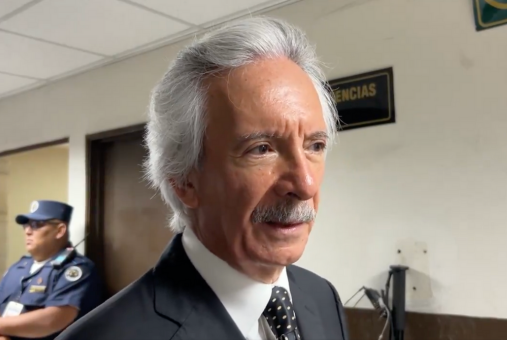
Despite being granted house arrest in May, José Rubén Zamora has now suffered another legal setback in courts. An appeals court has revoked the measure. His son, José Zamora, says the decision is a continuation of harassment against his father.

On May 15, the Ninth Court of Criminal Sentencing in Guatemala granted a substitute measure of house arrest, without surveillance, to journalist Jose Rubén Zamora, as reported by Guatemalan media. However, the founder of elPeriódico remains in prison due to another case against him. "They offered for me to leave the country and I never […]